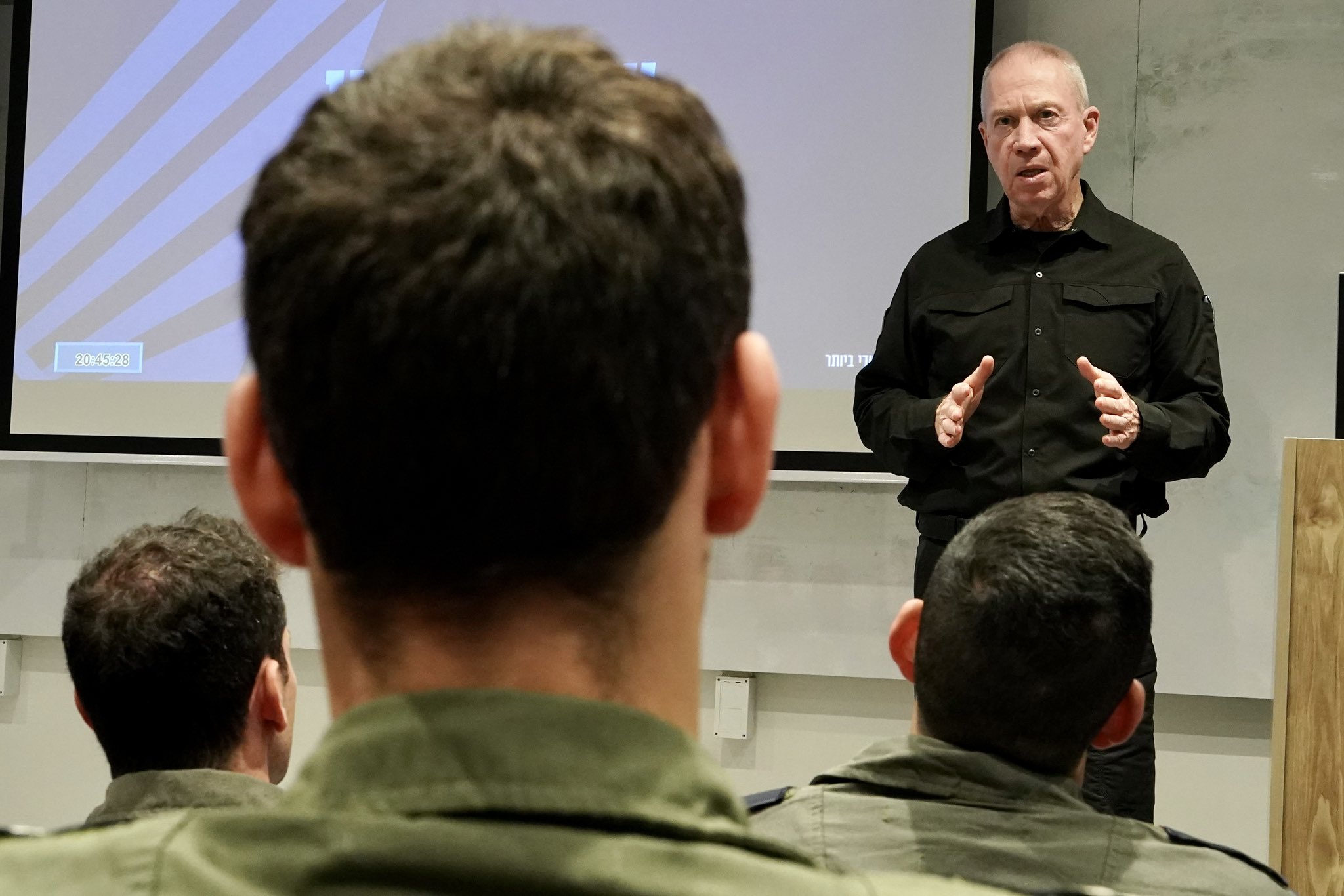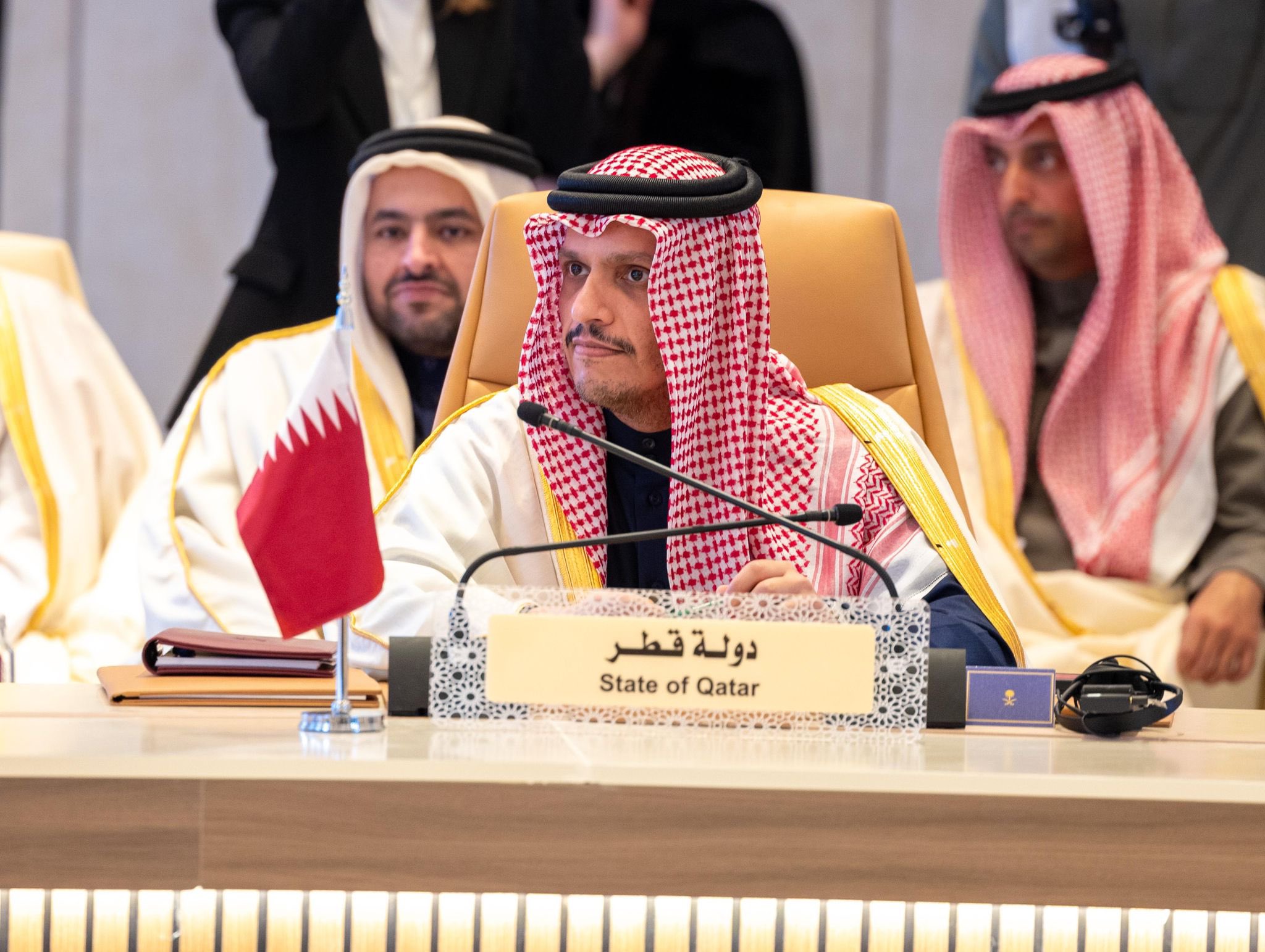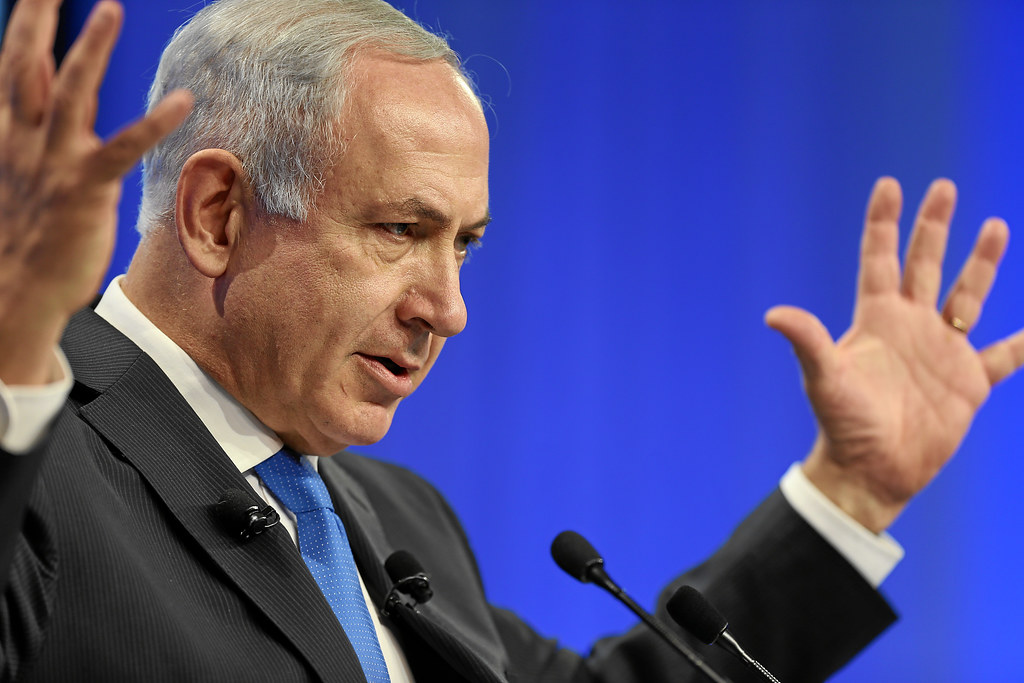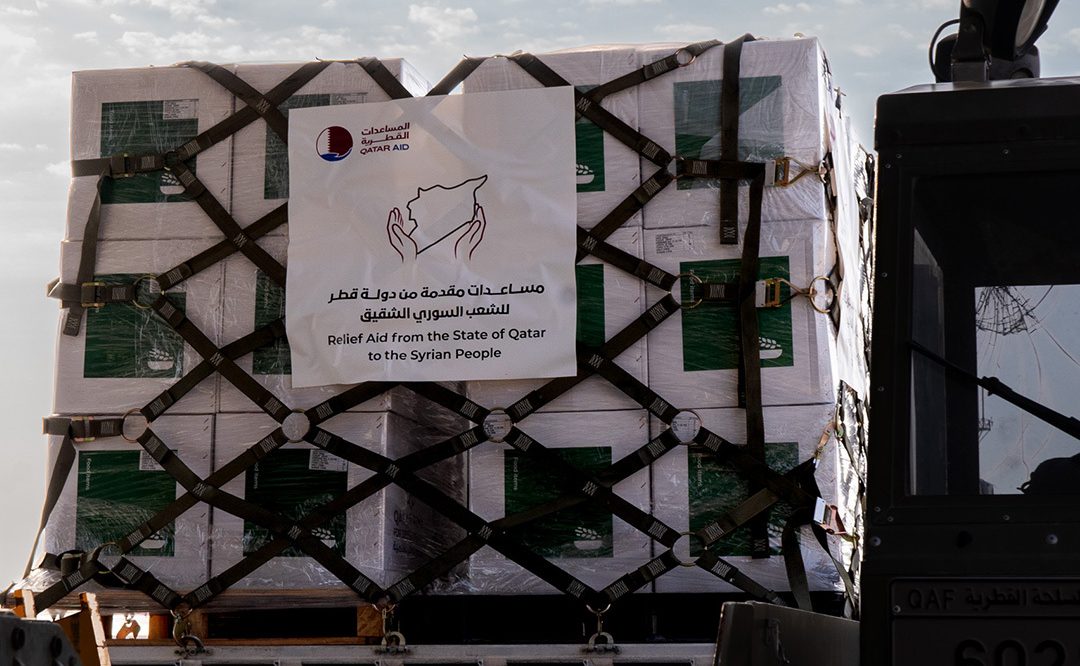International law prohibits without exception extra-judicial killing and considers it a grave violation of international humanitarian law and human rights protocols.
Top Israeli officials have issued a threat to Hamas leaders around the world, adding to a list of warnings targeting members of the Palestinian group in Qatar amid a relentless onslaught on Gaza.
During a press conference with Israeli Prime Minister Benjamin Netanyahu, Defence Minister Yoav Gallant said all members of Hamas, including those outside of Gaza, were “dead men walking”.
“There is no difference between a terrorist with a Kalashnikov and a terrorist in a three-piece suit,” Gallant added.
The Israeli official doubled down on the threat in a post on X, in which he said: “We are in an all-out war against Hamas – there is no difference between a terrorist with a Kalashnikov and a uniform and a terrorist with a suit – they are all mortals.”
The statement was widely interpreted as a reference to Hamas’ chief Ismail Haniyeh, who resides in Qatar, suggesting that Israeli actions could extend to political leaders, irrespective of their location.
“Sounds like we’re gonna see some Mossad-led assassinations in Qatar,” one user said on X.
Conducting such operations on foreign soil, without the host nation’s consent, is a clear infringement of international legal standards. Such a move in Doha would not only represent a severe breach of Qatar’s sovereignty but also a stark violation of international law.
However, this is not the first time calls to assassinate Hamas leaders in Doha have been made.
A Republican candidate in the US presidential race came under fire for openly calling for the killing of Hamas leaders at a hotel in the Qatari capital.
In a post on X, Vivek Ramaswamy drew from the fictional universe of HBO’s Game of Thrones series and invoked the “red wedding” – a massacre that took place during a wedding feast in the popular TV show – as a template for the proposed attack.
“If Israel and Mossad want to… take out every last leader of Hamas wherever they may be hiding, from Doha to Dresden — host a ‘Red Wedding’ at the Four Seasons in Qatar the next time [Ismail] Haniyeh and [Khaled] Mashal show up — they should go ahead and do it,” he posted on X.
Hamas opened its political office in Doha in 2012 following Washington’s request to establish a channel of communication, a move that has allowed Qatar to successfully mediate between the conflicting parties on several occasions to achieve crucially needed ceasefires.
On 13 October, Qatar’s Prime Minister and Minister of Foreign Affairs Sheikh Mohammed bin Abdulrahman Al Thani slammed exploitative attempts to harm its reputation as a key mediator.
“I must stress here that Qatar’s commitment and its role as a partner in peacemaking and a mediator in reducing conflict should not be exploited to harm my country’s reputation through malicious accusations, the falsity of which previous experiences have proven,” Sheikh Mohammed said at the time.
Earlier this month, Doha also fired back at the United States House Intelligence Committee for spreading misinformation on its hosting of the Hamas political bureau.
The US House Permanent Select Committee on Intelligence (HPSCI) shared a video from an interview between Fox News and Congressman Michael Waltz.
During the interview, Waltz, a member of the Republican party, accused Qatar and Turkiye of “backing” Hamas and warned both would “feel the ramifications” in the case of any harm befalling US captives held in Gaza.
“We need to be sending a very clear message to Hamas’ backers, whether that’s Turkiye or Qatar or others…that if the hair on an American’s head is touched, they will all feel the ramifications, not just Hamas leadership themselves,” Waltz told Fox News.
In response to the video shared by HSPCI on X, Qatar’s embassy in the US called out the intelligence body’s contribution to the latest wave of misinformation.
“We are surprised that [HSPCI] is promoting misinformation on their official account, knowing that the Hamas political office in Qatar was opened following a request by the US to establish indirect lines of communication with Hamas,” the embassy said.
“Not only is this counterproductive to Qatar’s efforts in ongoing negotiations, it also makes a direct threat to a US ally. Spreading these false narratives creates obstacles for constructive mediation efforts,” the statement added.
Qatar has faced similar criticism over the past decade following the opening of the Taliban’s political office – also in response to a request by the US – to ensure the facilitation of mediation talks. When the Taliban captured control of Kabul in 2021, Doha was able to utilise the communication life to safely evacuate thousands of foreigners from Afghanistan.







